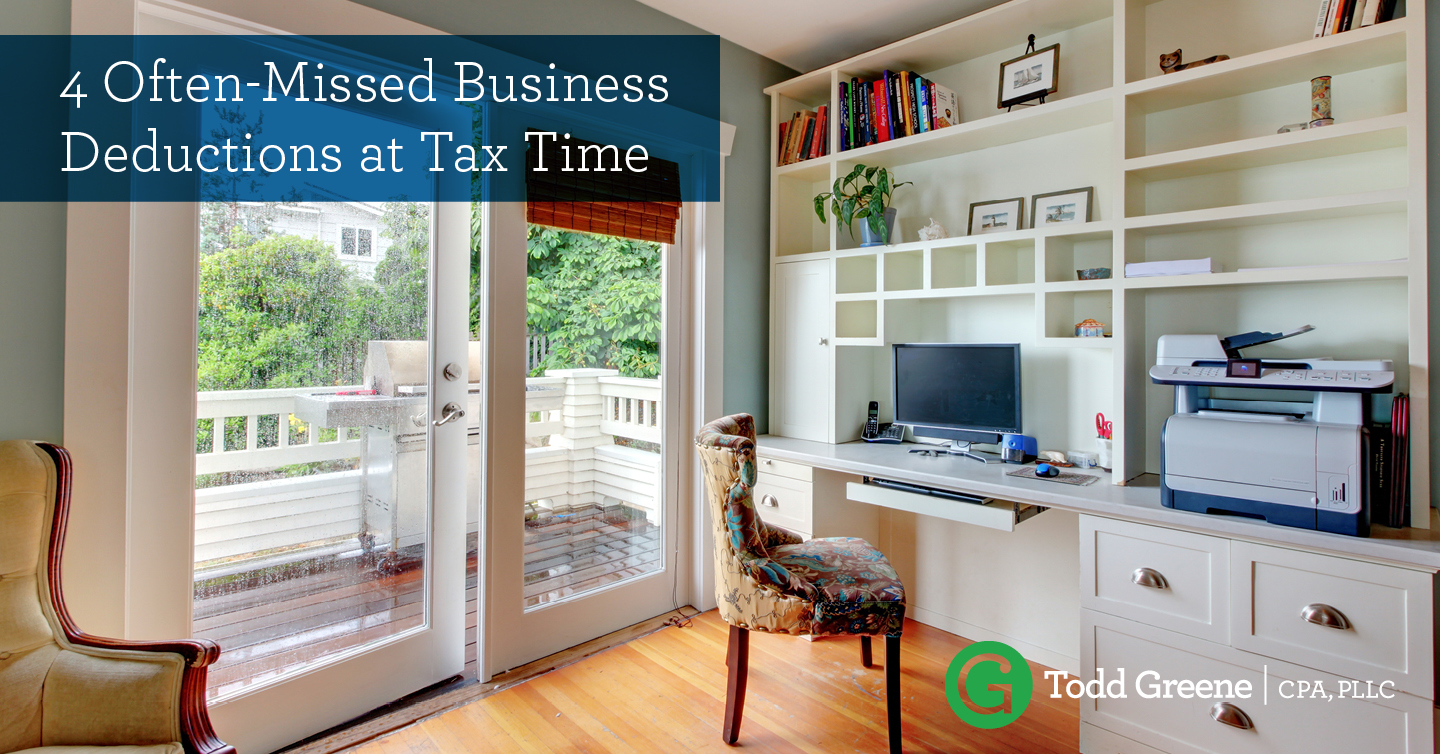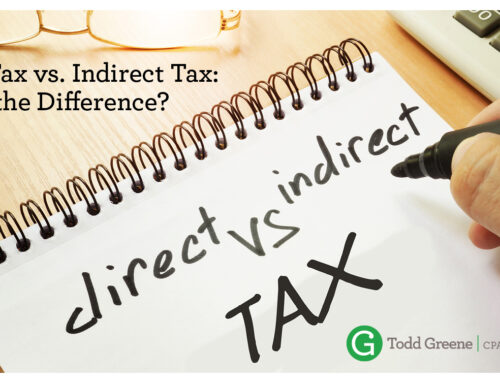Keeping track of business deductions throughout the year is vital for reducing the amount of taxes you owe come tax time. But with so many possible write-offs, how are you supposed to keep track of them all? If you want to offset the cost of keeping your business open, knowing what deductions you qualify for is important. Check out these four often-missed business deductions at tax time.
Auto mileage
The tax deduction for using vehicles for your business can sometimes be a significant amount. So, it is crucial to know what counts and what does not count as a qualifying tax deduction.
What counts:
- Business vehicles are cars, SUVs, and pickup trucks that are used for business activities.
What doesn’t count:
- Vehicles for hire, such as taxis and airport transportation vans.
- Vehicles used as equipment, such as dump trucks.
For IRS purposes, it is very crucial that you keep a detailed log of your business miles. In June 2022, the IRS increased the federal auto mileage deduction for the remainder of the year to 62.5 cents per mile. To determine the number of miles driven for your business, you need to know two numbers: the total number of miles driven during the year and the total number of miles driven just for business. Miles that count as part of your business mileage deduction only include the number of miles actually driven for business.
What counts as business mileage:
- Visiting a customer or meeting a client.
- Going to the bank, office supply, or computer store.
- Meeting with your lawyer or accountant on business matters.
What doesn’t count:
- Driving from home to work and back—this is called commuting.
- If you stop at a store on the way home from a business trip, this is considered personal mileage.
Home office
The home office deduction allows businesses to deduct certain home expenses when filing taxes. To claim this deduction, the business must regularly or exclusively use part of its home or structure on its property as its place of work.
Here are some things to help you know if you can claim home office:
- The home must generally be the employer’s primary place of business.
- The term “home” includes: houses, apartments and condos, mobile homes, and other structures on the taxpayer’s property, such as an unattached garage, studio, barn, or greenhouse.
- Employees are not eligible to claim the home office deduction.
Businesses can use the simplified method to calculate their home office expense deductions. The simplified method has a rate of $5 per square foot for business use of a home. The maximum size for this is 300 square feet.
Retirement contributions
When owning a business, it is up to you to establish your retirement contributions. You can deduct the amount you contribute to a tax-qualified retirement account from your income taxes.
Retirement plans:
- Pension Plan: An employee benefit plan established by an employer or an employee organization that provides retirement income.
- IRA: A trust or custodial account set up for the benefit of an individual.
- SEP: Simplified employee pension is similar to an IRA, but instead of being limited to an annual contribution, you can invest up to 25 percent of your net profit every year.
- SIMPLE IRA: Savings incentive match plan for employees is another type of IRA that may be established by an employer for its employees.
- 401(k): A retirement saving and investing plan offered by employers. This is a feature of a qualified profit-sharing plan that allows employees to contribute a portion of their wages to individual accounts.
Self-employed health insurance deduction
To wrap up these four often-missed business deductions at tax time, let’s talk about health insurance for the self-employed.
If you are self-employed, you may be eligible to deduct the premiums you pay for medical, dental, and other qualifying health coverage for yourself, your spouse, and dependents. Self-employed health insurance deductions cannot exceed the amount of earned income that you collect from your business. For example, if your business generated a tax loss for the year, you are not allowed to claim the deduction because the business did not generate any positive income.
This deduction must be in box one of your W-2 if you are taxed as an S corporation.
Summary
Feeling overwhelmed trying to keep up with your business and what deductions you qualify for? Don’t stress! With the help of our team, you’ll never have to worry about these four often-missed business deductions at tax time or any others.
Schedule your free consultation today to get started discussing your next stress-free business plan. Continue reading our blogs to learn more about business financials and tax planning.







Leave A Comment